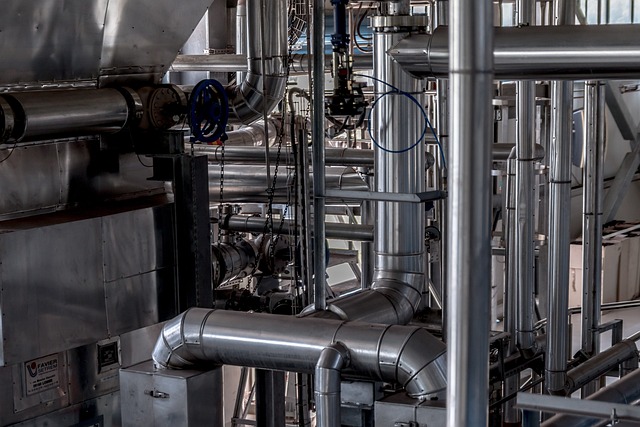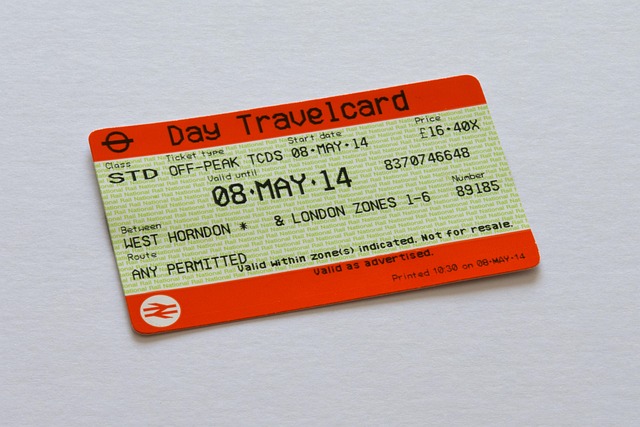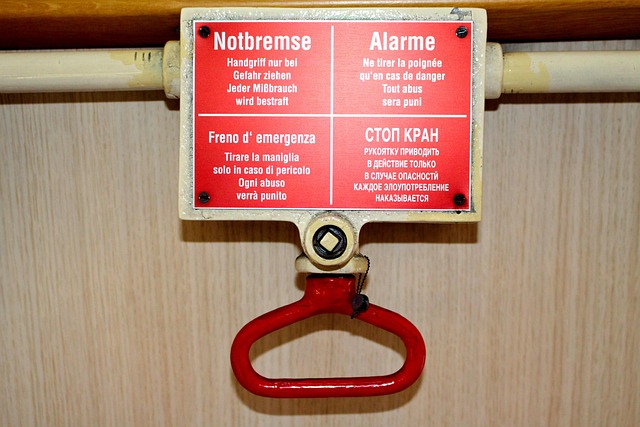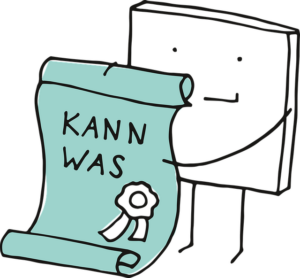Preparing UK Technical Standards for Regulatory Compliance
The UK's dynamic regulatory landscape demands technically sound guidelines and standards, making professional translation services vital for compliance across languages. These services ensure effectiveness, facilitate international processes, an…….

The UK's dynamic regulatory landscape demands technically sound guidelines and standards, making professional translation services vital for compliance across languages. These services ensure effectiveness, facilitate international processes, and promote adherence to high-quality standards globally. Key steps include identifying relevant standards, evaluating their fitness, and addressing unique challenges like specialized terminology and cultural nuances. Best practices involve collaboration among industry experts, regulators, and translators, with advanced technologies enhancing efficiency. Regular reviews and updates are essential for future-proofing against non-compliance, ensuring UK technical standards remain relevant in a dynamic global market.
Are your UK technical standards ready for their regulatory review? In today’s globalized market, ensuring compliance with evolving guidelines is crucial. This comprehensive guide explores the intricate landscape of UK technical standards, highlighting the vital role of translation services in navigating complex regulations. From identifying key guidelines to best practices for standardization and the importance of language professionals, we provide insights into successful regulatory transitions. Discover how tools and technologies can streamline the process, ensuring your organization stays ahead with future-proofed standards.
- UK Technical Standards: Regulatory Landscape
- Translation Services: Ensuring Compliance
- Identifying Key Guidelines for Review
- Challenges in Technical Documentation Translation
- Best Practices for Standardization Across Industries
- The Role of Language Professionals in Revision
- Case Studies: Successful Regulatory Transitions
- Tools and Technologies for Efficient Review
- Future-Proofing: Adapting to Changing Standards
UK Technical Standards: Regulatory Landscape

The UK’s regulatory landscape is ever-evolving, demanding that technical standards keep pace with changing laws and requirements. Technical guidelines and standards play a pivotal role in ensuring safety, quality, and compliance across various industries. As such, these standards must be robust, up-to-date, and capable of adapting to new challenges. This is where translation services for UK technical guidelines and standards come into play.
Accurate and precise translations are essential to navigate the complex regulatory environment, especially as the UK engages with global markets and international regulations. Professional translation services ensure that technical documents remain consistent and compliant across languages, facilitating smoother regulatory reviews and promoting adherence to high-quality standards internationally.
Translation Services: Ensuring Compliance

Translation services play a pivotal role in ensuring that UK technical guidelines and standards are compliant with regulatory requirements. As global businesses expand into the UK market, accurate and reliable translation is essential to navigate complex legal and industry standards. Professional translators with expertise in technical terminology can help organizations avoid costly mistakes and potential penalties by accurately conveying critical information across languages.
When updating or implementing new UK technical standards, it’s crucial to engage qualified translation services that understand the nuances of regulatory language and various industries’ specific jargon. This step guarantees that translated documents are not just word-for-word but also culturally adapted and technically accurate, ensuring compliance from the outset.
Identifying Key Guidelines for Review

When preparing for a regulatory review, identifying key guidelines is paramount. Organisations must first pinpoint the UK technical standards and regulations that are most relevant to their operations. This involves a meticulous review of existing documentation, including industry-specific directives and broader legal frameworks. Translation services for UK Technical Guidelines and Standards play a crucial role here, ensuring that all stakeholders can comprehend and align with the latest requirements, regardless of language barriers.
Once these guidelines have been ascertained, thorough evaluation is necessary. Assess whether the current standards are fit for purpose, up-to-date, and consistent across sectors. This process should consider both technological advancements and evolving regulatory landscapes, as adhering to outdated practices can lead to non-compliance and potential legal repercussions.
Challenges in Technical Documentation Translation

Technical documentation translation presents unique challenges, especially with the complex nature of UK technical guidelines and standards. Accurate and precise interpretation is vital to ensure compliance across diverse industries. The process involves more than just word-for-word rendering; it demands a deep understanding of specialized terminology, regulatory frameworks, and cultural nuances.
One of the primary hurdles is the consistency of terminology throughout documents, as inconsistent or incorrect translations can lead to confusion and potential legal issues. Professional translation services for UK technical guidelines must employ qualified linguists who specialize in this domain, ensuring that technical terms are accurately translated and consistently applied across all languages involved.
Best Practices for Standardization Across Industries

Maintaining up-to-date, industry-specific standards is vital for any business operating within the UK, especially as regulatory landscapes evolve. To ensure preparedness for such reviews, organizations should adopt best practices in standardization across industries. One key aspect is to foster a culture of collaboration and consensus among stakeholders, including industry experts, regulators, and translators. This collaborative approach facilitates the development of comprehensive guidelines that consider diverse perspectives and real-world applications.
Translation services play a crucial role here by ensuring these standards can reach their intended audience effectively. Professional translation ensures that technical terms are accurately conveyed across languages, promoting understanding and adherence. With the UK’s diverse economic landscape, standardized practices must be adaptable yet consistent, allowing for seamless navigation through regulatory reviews while addressing industry-specific nuances.
The Role of Language Professionals in Revision

Language professionals play a vital role in ensuring that UK technical guidelines and standards are ready for regulatory review. With their expertise, they can help bridge any communication gaps or ambiguities within complex documents, guaranteeing that all stakeholders have a clear understanding of the requirements. Accurate and culturally sensitive translation services are essential to this process, especially as the UK engages with international partners and adopts European regulations.
These professionals bring a fresh perspective, identifying potential issues in terminology consistency, local usage, and cultural context. They work closely with technical writers and subject matter experts to refine and enhance the guidelines, ensuring they align with linguistic norms and are accessible to diverse audiences. High-quality translation services for UK Technical Guidelines and Standards contribute significantly to maintaining regulatory integrity and facilitating effective communication throughout various industries.
Case Studies: Successful Regulatory Transitions

When considering whether your UK technical standards are ready for regulatory review, examining successful regulatory transitions can offer valuable insights. Case studies from various industries demonstrate that effective translation services for UK Technical Guidelines and Standards play a pivotal role in navigating these transitions smoothly. For instance, the pharmaceutical sector has seen seamless shifts in regulations, largely attributed to meticulous documentation and translation processes that ensure compliance across European markets.
These case studies underscore the importance of professional translation services, which adapt technical content to align with evolving standards while preserving critical nuances. By learning from successful regulatory transitions, organizations can better prepare their UK technical standards, ensuring they remain robust and adaptable in a dynamic regulatory landscape.
Tools and Technologies for Efficient Review

In today’s digital era, efficient regulatory review demands cutting-edge tools and technologies. One pivotal aspect is leveraging advanced translation services tailored for UK technical guidelines and standards. These services play a crucial role in navigating complex regulatory landscapes by ensuring precise and contextually relevant translations. With access to specialized linguistic resources, organizations can streamline the review process, enhancing overall efficiency.
Automation, machine learning algorithms, and artificial intelligence are transforming how these translation services operate. They enable rapid processing of voluminous documentation, identifying and rectifying potential inconsistencies or errors. This not only accelerates the review but also improves the accuracy and reliability of the translated materials, ensuring compliance with UK standards and regulatory requirements.
Future-Proofing: Adapting to Changing Standards

In today’s dynamic regulatory landscape, future-proofing your UK technical standards is paramount to avoid costly non-compliance. Regulatory reviews are an inevitable part of this process, as standards must evolve to keep pace with technological advancements and changing market demands. One effective strategy involves leveraging translation services for UK technical guidelines and standards. By ensuring these documents are up-to-date and accurately translated, organizations can demonstrate a commitment to adhering to international best practices.
This proactive approach enables businesses to navigate the complexities of global trade seamlessly. Translated standards serve as a reliable reference point for employees across diverse locations, fostering consistency in product development, quality control, and safety protocols. As regulatory reviews become more frequent, future-proofing through translation becomes a strategic advantage, ensuring your UK technical standards remain relevant and compliant.
As the UK’s regulatory environment evolves, ensuring your technical standards are up-to-date and compliant is essential. This article has explored various aspects of this process, from navigating the regulatory landscape to the crucial role of translation services in maintaining consistency across industries. By identifying key guidelines, understanding challenges in technical documentation translation, and adopting best practices, organizations can successfully navigate regulatory transitions. Language professionals play a vital role in this process, and case studies highlight successful implementations. Embracing tools and technologies designed for efficient review, along with future-proofing strategies, will ensure your UK technical standards remain robust and adaptable to changing requirements. Translation services for UK Technical Guidelines and Standards are more important than ever to facilitate effective communication and compliance.






